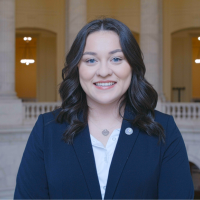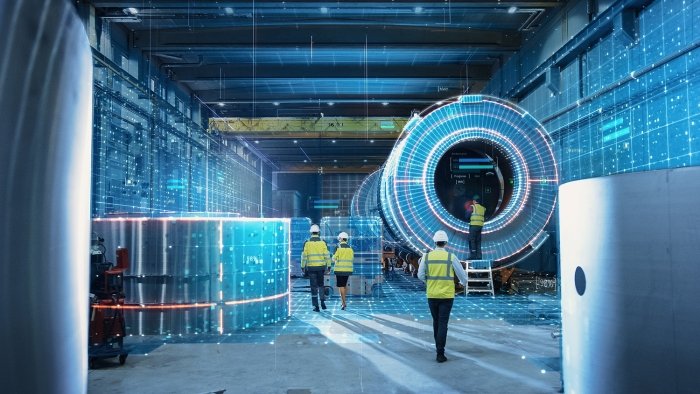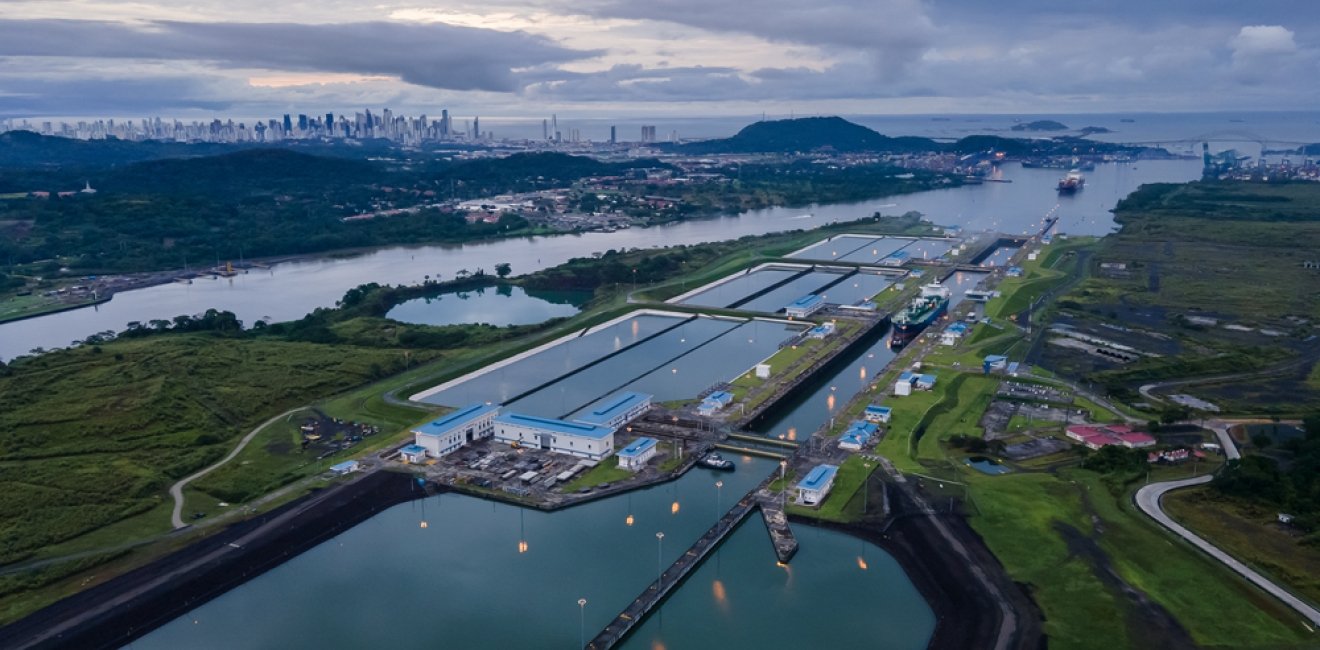
A blog of the Latin America Program

Q1. There are eight candidates competing for Panama’s presidency and no second round. Will the winner have strong public support? Would a weak mandate make another public uprising more likely over the next few years?
A1. Of the eight candidates running, there are only four who have a chance of winning. Still, it is clear that whoever wins will not have a strong mandate from the electorate. Moreover, the winner will also not have a comfortable majority in Congress. It will be very difficult to pass the urgent and important laws needed to face Panama’s immense problems. That makes it likely that there will be new public uprisings.
Q2. After former President Ricardo Martinelli’s disqualification from the race, he chose his former running mate, José Raúl Mulino, to take his place. What is Martinelli’s influence on Mulino’s campaign and potential presidency should Mulino win the election?
A2. This question must be divided into two parts. First, the campaign period and second, how the country would be governed if Mulino wins. There is no doubt that the votes Mulino receives on May 5 will be transferred by Martinelli, giving Martinelli influence, or even sponsorship, of the campaign. That said, Mulino is a person of strong character and clear and fixed ideas. If he wins the elections, he would fulfill some agreements with Martinelli, but he would be the one who exercises power.
Q3. Many issues have troubled Panama recently, such as a drought complicating operations at the Panama Canal; the significant loss of revenue after the Supreme Court closed the Cobre Panamá copper mine; and the impacts of the mine’s sudden closure, including the loss of Panama’s investment grade rating. Do any of the presidential candidates have clear ideas for addressing these challenges?
A3. If any of the candidates have clear ideas about the big problems that the winner will inherit, we voters do not know what they are. The campaign has been lacking in real debates and proposals on these big issues. Candidates have been more interested in making unrelated proposals than in addressing the country’s major challenges.
Q4. The results of this election will be crucial in determining how the US-Panama relationship evolves in the coming years, including cooperation on combating corruption. Are candidates debating foreign policy? Do you see any big changes on the horizon for Panama’s approach to the United States, China, or other important partners?
A4. Nothing has been said about foreign policy during the campaign. Everyone recognizes the model of the historical relationship with the United States, but at the same time, they understand the reality of the relationship with China. The fight against corruption, and staying off the Financial Action Task Force “gray list,” might be priority issues for the next administration. But for now, no candidate is saying anything specific about these issues.
Author


Latin America Program
The Wilson Center’s prestigious Latin America Program provides non-partisan expertise to a broad community of decision makers in the United States and Latin America on critical policy issues facing the Hemisphere. The Program provides insightful and actionable research for policymakers, private sector leaders, journalists, and public intellectuals in the United States and Latin America. To bridge the gap between scholarship and policy action, it fosters new inquiry, sponsors high-level public and private meetings among multiple stakeholders, and explores policy options to improve outcomes for citizens throughout the Americas. Drawing on the Wilson Center’s strength as the nation’s key non-partisan policy forum, the Program serves as a trusted source of analysis and a vital point of contact between the worlds of scholarship and action. Read more

Explore More in Weekly Asado
Browse Weekly Asado
Dengue Haunts South America’s Summers

Lessons from Costa Rica’s Economic Transformation

Women and Latin America’s Digital Revolution



